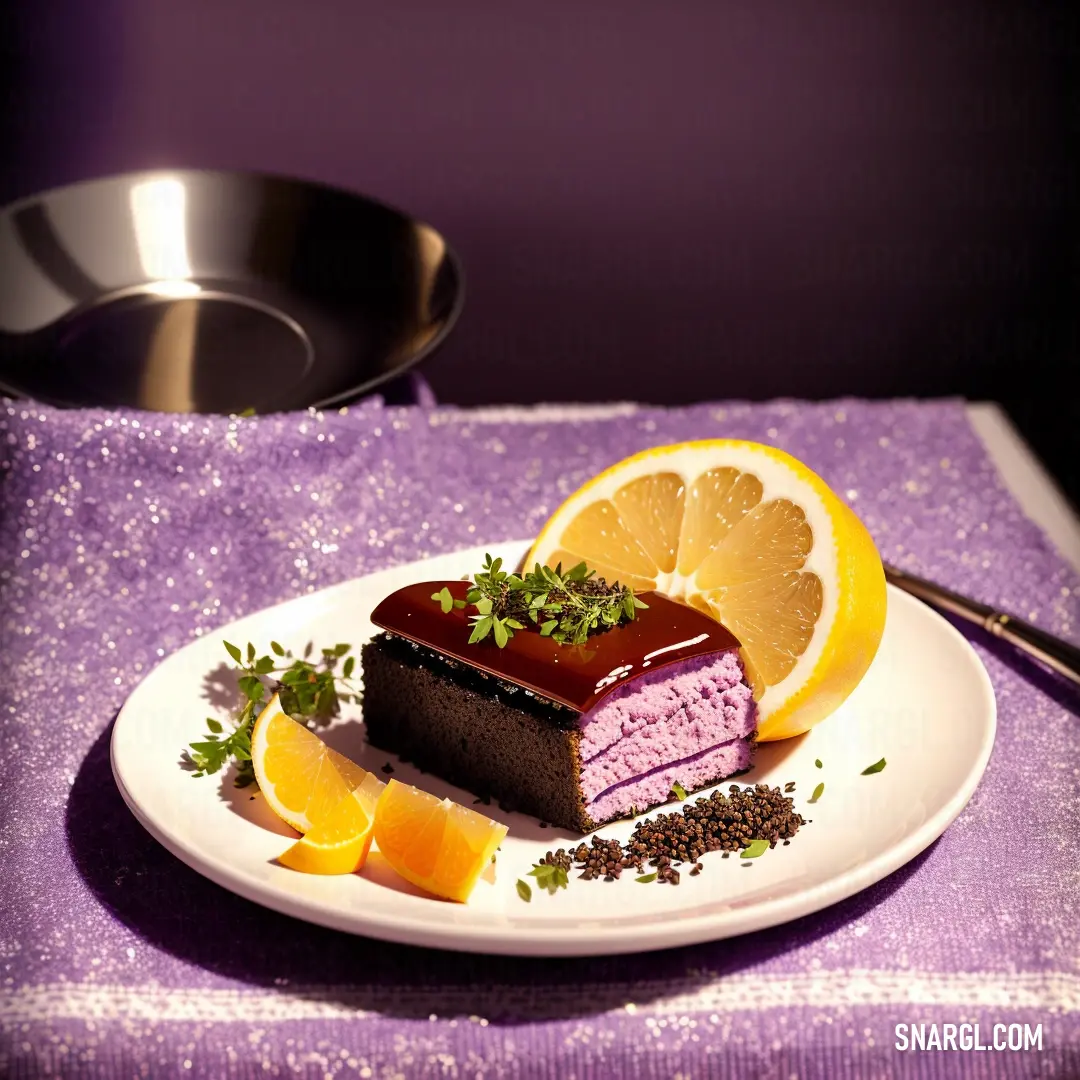PANTONE 2072
Closest colors:
in RAL Design:
RAL 290 70 10 2023-06-09 Snargl 1 minute 10 seconds
What color is PANTONE 2072?
PANTONE 2072 is a medium light shade of blue-magenta with a hexadecimal color code of #B097C1.
In the RGB color model, it is composed of 69.02% red, 59.22% green, and 75.69% blue.
CMYK values for this color are composed of 34% cyan, 42% magenta, 0% yellow, and 0% black.
In the HSL color space, it has a hue of 276°, a saturation of 22%, and a lightness of 76%.
Example of the palette with the PANTONE 2072 color
Top 5 color shades of the illustration. Arranged in descending order of frequency of occurrence (first - more often, last - more rare).
See these colors in NCS, PANTONE, RAL palettes...
NCS (Natural Color System) Author:
Stanley.
Cofounder, Graphic Designer, AI ArtistContinue browsing posts in category "PANTONE"
You may find these posts interesting:

